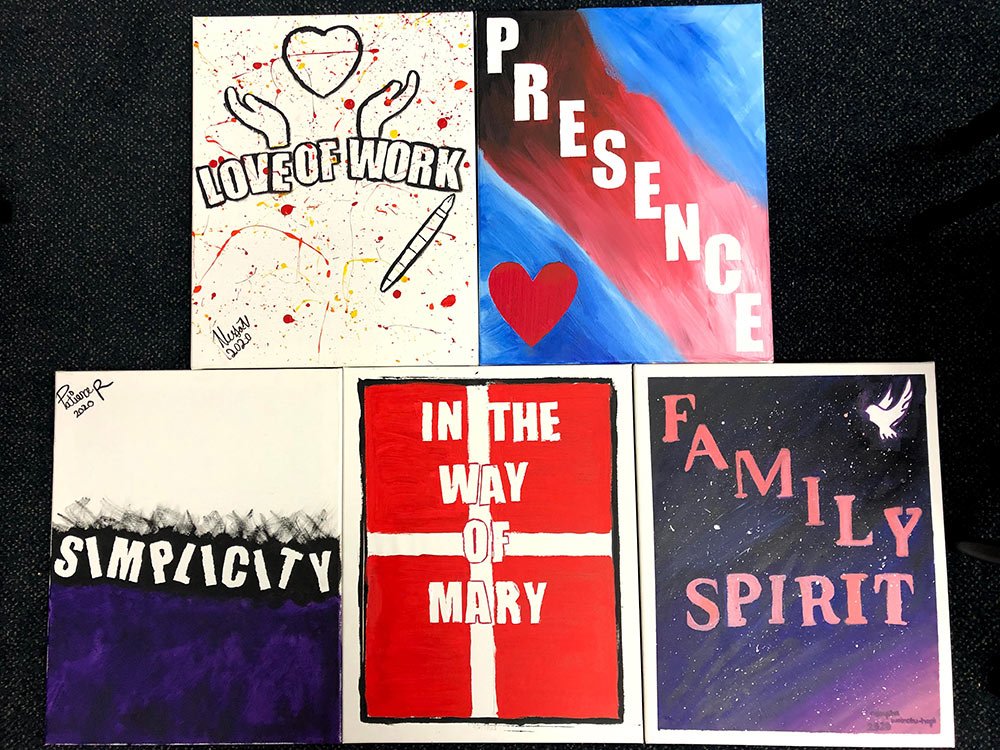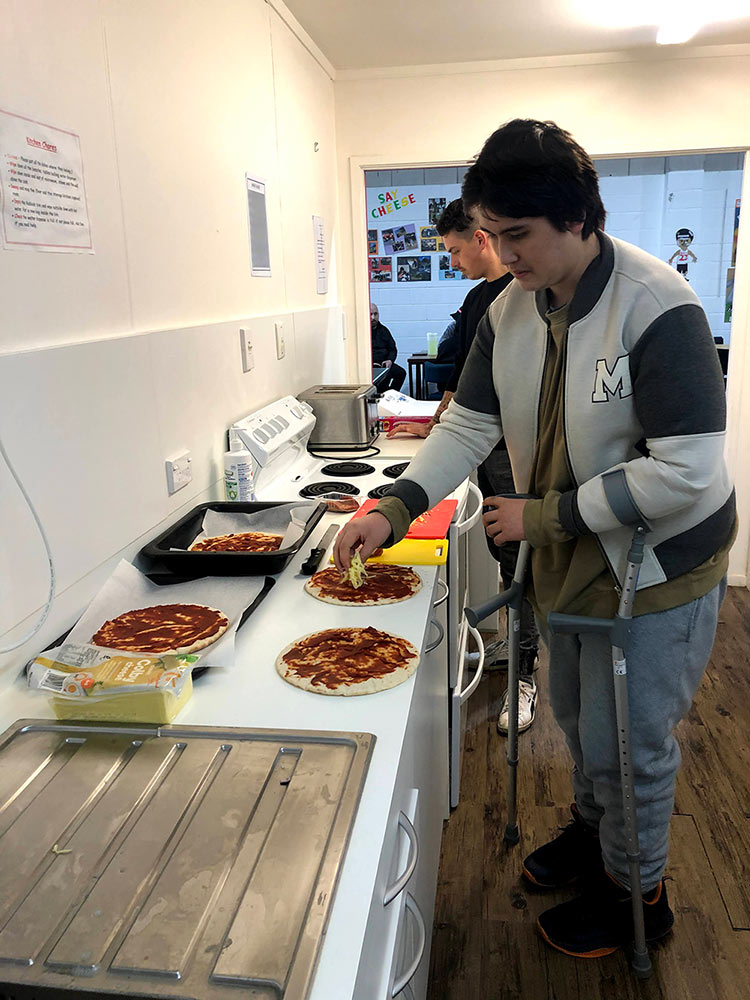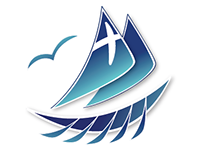THE CENTRE
Marist Alternative Education Ltd. is a Ministry of the Marist Brothers of New Zealand, giving young people in the North Shore Region a second chance at Education. Since 1999, hundreds of young people have come to the Marist Learning Centre wanting to give education and schooling a second try.
The Marist Learning Centre is founded on the ideals and principles of St Marcellin Champagnat and is guided by gospel values and the example of Mary, the first disciple.
We walk alongside our students, caring for them as they face challenges in many aspects of their lives. Our programme reflects the individual needs of each student, making provision for their academic, pastoral, physical, spiritual and cultural needs. The philosophy we adopt with our students is an holistic strength-based approach, encouraging our young people to face their challenges, to step out of their comfort zones and grow and develop to find their hidden potential.

GOVERNANCE AND FUNDING
Marist Alternative Education Ltd. is a registered company with charitable status reregistered under the Charities Commission. The major share-holder of the Company is the New Zealand Marist Brothers Trust Board. The New Zealand leader of the Marist Brothers or his delegate appoints the Board of Directors who govern the company.
The Centre operates under its own Board of Directors and the Orewa College Board of Trustees. Government funding comes through the Orewa College Board. Funding from the Ministry of Education meets only 52% of our needs, and additional funding has to be sought from Trusts and Agencies, and from supporters of the Centre.
WHAT WE HOPE TO ACHIEVE
Our work is based on the Christian belief in the value and uniqueness of each individual, and respect for the giftedness of each student. Our approach is geared to fostering a healthy level of self-esteem in our young people, to help them become aware of their own worth and the worth of each other.
Encouragement and affirmation play a large part in this approach, together with challenges designed to lead them beyond the limits that have become part of their self-image.
Together we try to become aware of the potential in each student, and to help the young person accept both the responsibility for his/her own choices and their outcomes and the challenge of his/her own growth and development towards a personal destiny. We work to help them attain the discipline needed to set and to work towards goals in line with what they want in life, thereby breaking out of the cycle of under-achievement and failure.
An important step towards these aims is creating a sense of “whanau”, a sense of belonging, of respect and concern for others, for the well-being of the group and each of its members.
To read about our recent work, including articles by our students, click here to download our latest newsletter (PDF).

CHILD AND YOUTH PROTECTION POLICY
Rationale
Marist Alternative Education places the well-being of young people as its paramount concern and is committed to acting in their best interests at all times. The Centre is also required to ensure the well-being of students, so they thrive, belong and achieve, in accordance with the following legislation:
- Oranga Tamariki Act 1989 (Children’s and Young People’s Well-being Act 1989)
- Human Rights Act 1993
- UN Convention on the Rights of the Child 1989 (ratified in NZ 1993)
- Children’s Act 2014, and the
- Privacy Act 1993
This policy covers all children and young people who interact with the Marist Alternative Education staff.
Purpose
To support the implementation of systems, processes and learning to foster a safe and secure environment and to enable staff to act promptly, responsibly and in the best interests of the student when any person at the Centre believes that any child or youth has been, or is likely to be, harmed, ill-treated, abused, neglected, or deprived.
Guidelines
a) Student safety and wellbeing is always the paramount consideration. Child and youth protection is everyone’s responsibility, and their safeguarding requires the constant co-operation of the entire MAEL community.
b) Procedures are in place to meet child and youth protection requirements.
c) MAEL contract and funding arrangements take child and youth protection into account.
d) The rights of family and whanau to participate in the decision-making about their children are recognised.
e) It is the responsibility of all staff to be vigilant, have the knowledge and are able to identify the signs and symptoms of potential or actual abuse and neglect, vulnerability factors, and deal with disclosures by children and allegations against staff members and are able to take appropriate action immediately in response to ensure that the concerns are taken seriously and reported.
f) Staff will work with partner agencies and organisations to ensure child protection policies are understood and implemented. The Centre will ensure that child and youth protection training is available to all staff.
g) The Centre will protect staff against the potential of false accusations through the Education Council’s Code of Professional Responsibility and Standards for the Teaching Profession, role modelling good practice, robust recruitment policies and proactively encouraging a team approach to all activities.
h) School recruitment policies and practices are in accordance with the Children’s Act 2014, and staff inductions include child and youth protection.
i) Advice is sought from agencies and advisors especially in regard to employment matters
j) Relevant information is shared and discussed in a timely manner with the Board or designated person, in accordance with the Centre’s commitment to confidentiality and information sharing.
Definitions
For the purposes of this policy
- Child/ young person / youth is any person under the age of 18 years
- Staff are those who are employed at any of the Marist Alternative Education sites. This includes teaching staff who may only be teaching at Marist Alternative Education Ltd on a temporary basis (relievers), as well as permanent teaching staff.
- Child abuse is harming (whether physically, emotionally, sexually), ill-treatment, neglect, or deprivation of any child or young person [as defined by Oranga Tamariki Act, 1989]
Further definitions of abuse/ neglect are provided in the procedures document.
